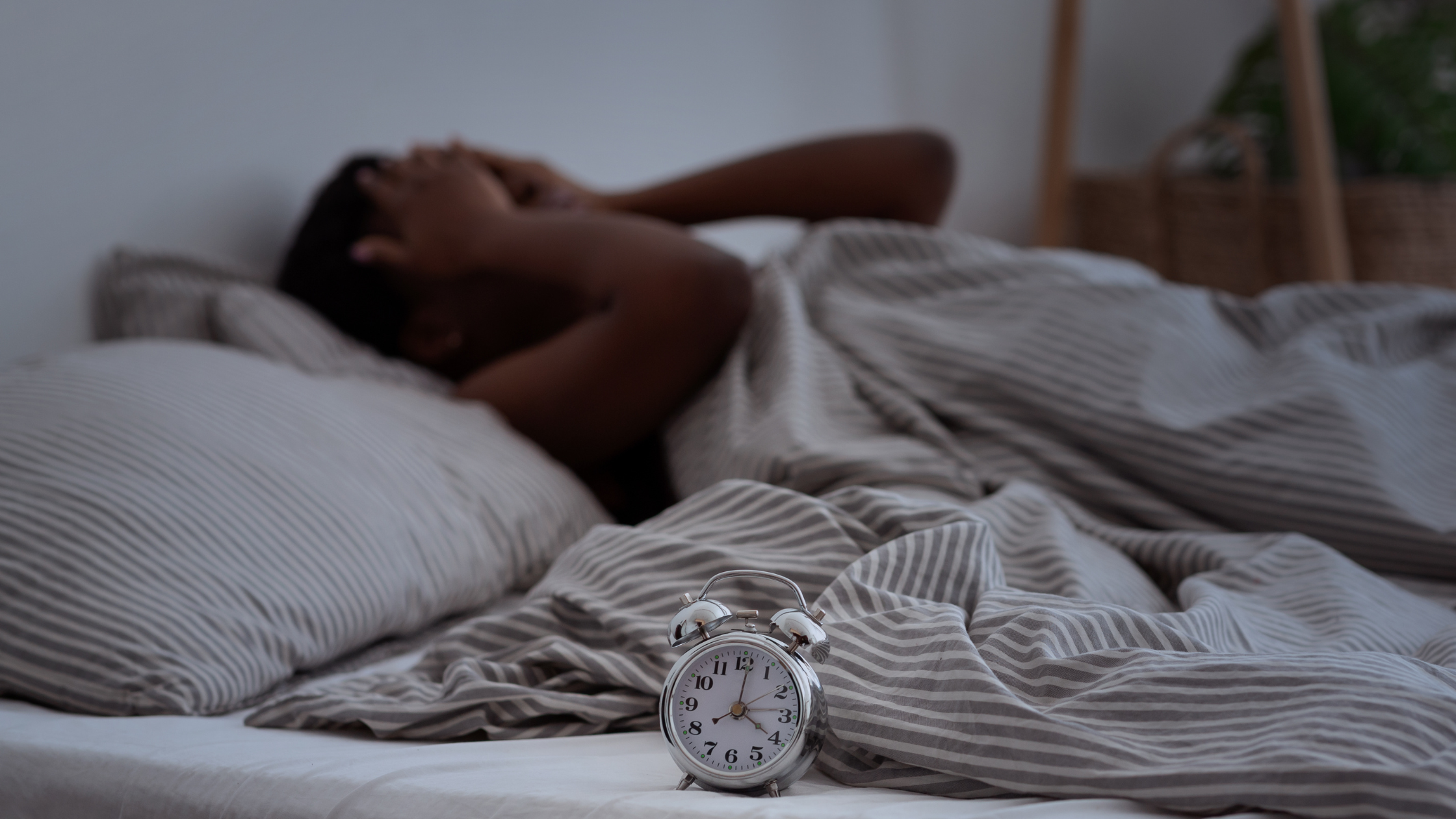Chronic migraines and sleep have a complex, often frustrating relationship. For the estimated 4 million Americans who suffer from chronic migraines—defined as having headaches on 15 or more days per month—getting consistent, restful sleep can be both elusive and essential. Sleep can help prevent migraines, yet poor sleep can also trigger them, creating a difficult cycle that’s hard to break.
In this post, we’ll explore how chronic migraines affect sleep, how sleep issues can worsen migraine symptoms, and what you can do to manage both for better overall health.



